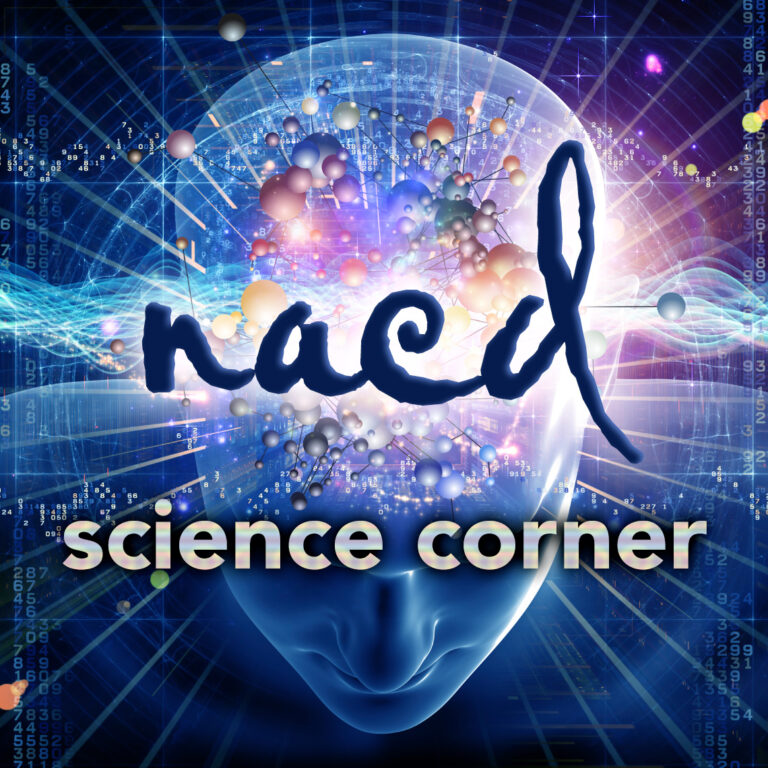What It’s All About, Entering 2018
by Robert J. Doman Jr. I recently got a call from an old NACD family that I hadn’t heard from for a few years. They live nearby and asked if they could come visit. They came over with their three children and a pie. It was great seeing them after a number of years. We…


